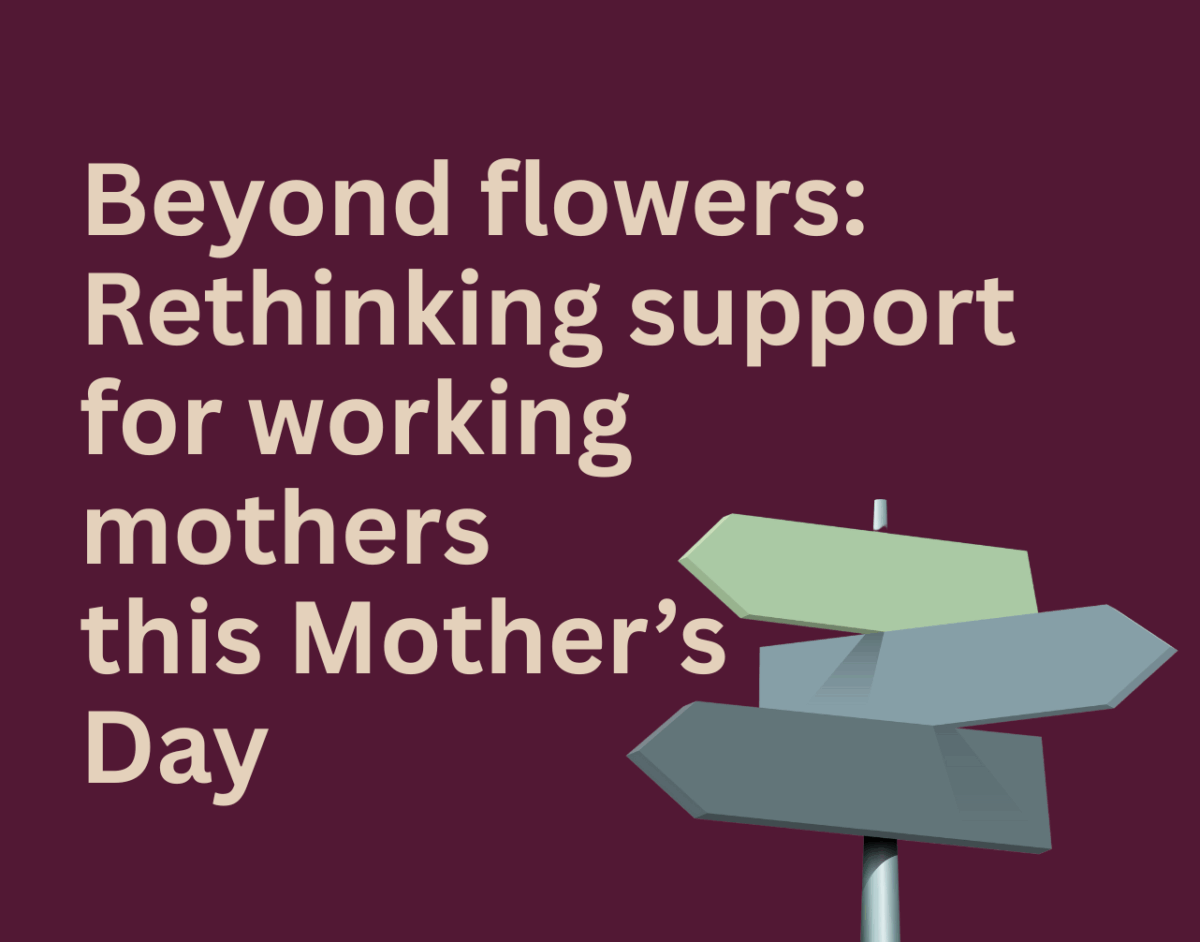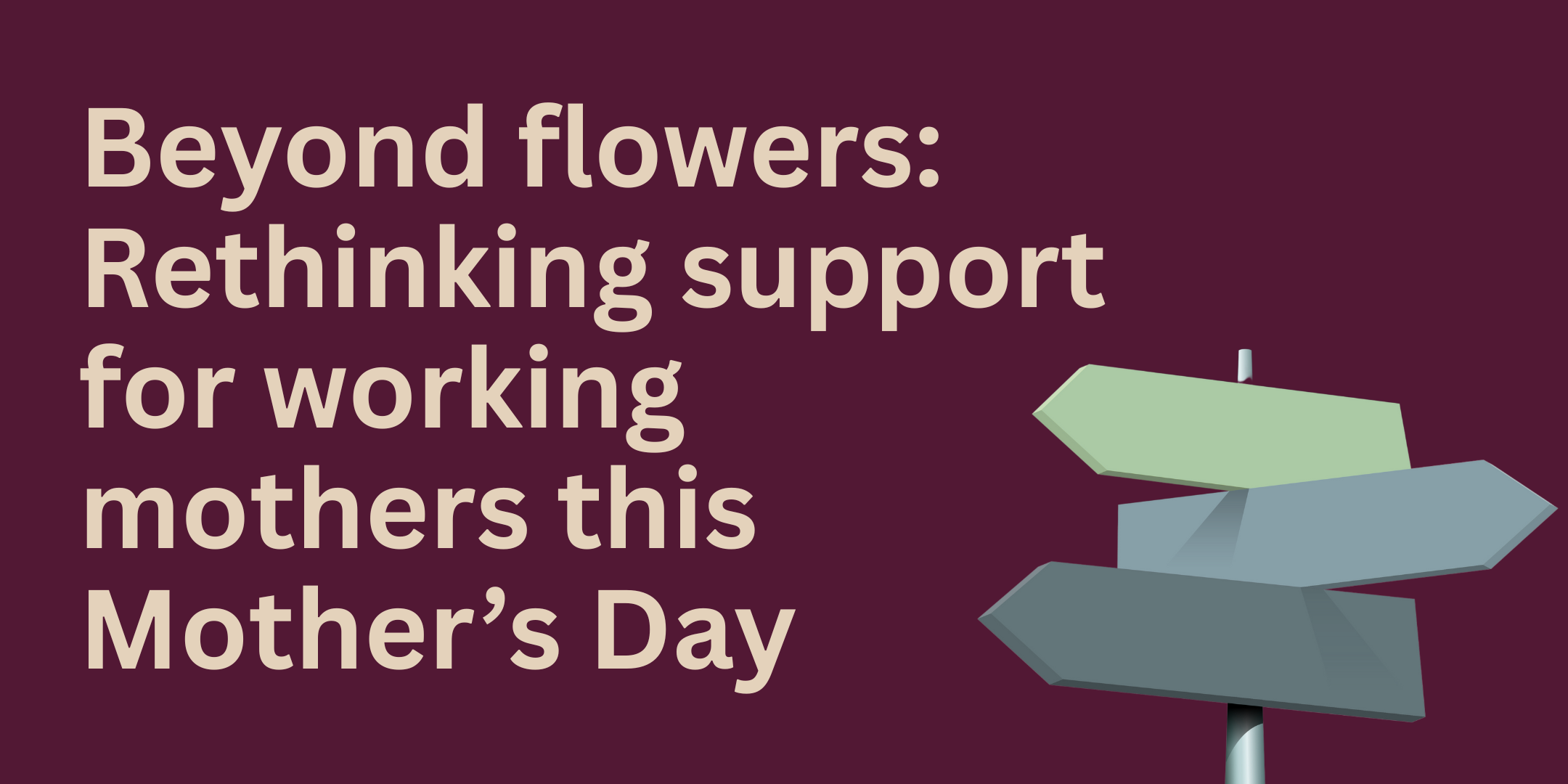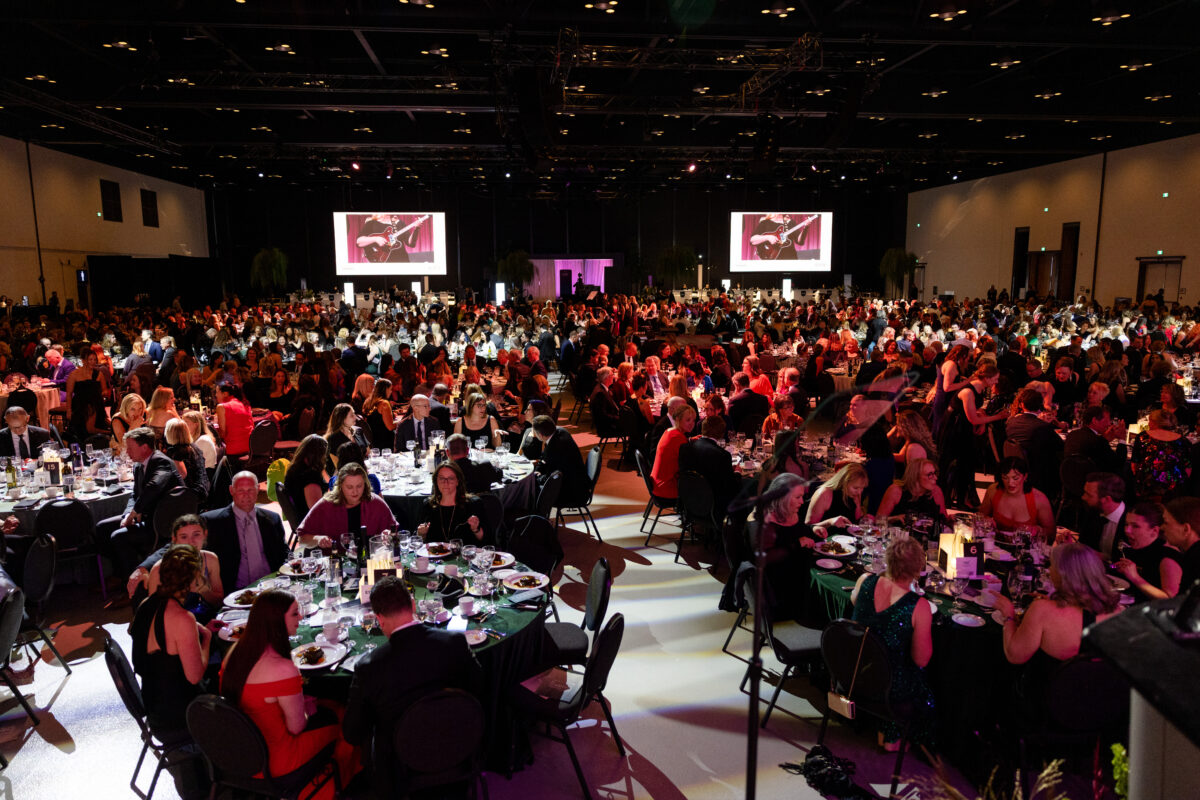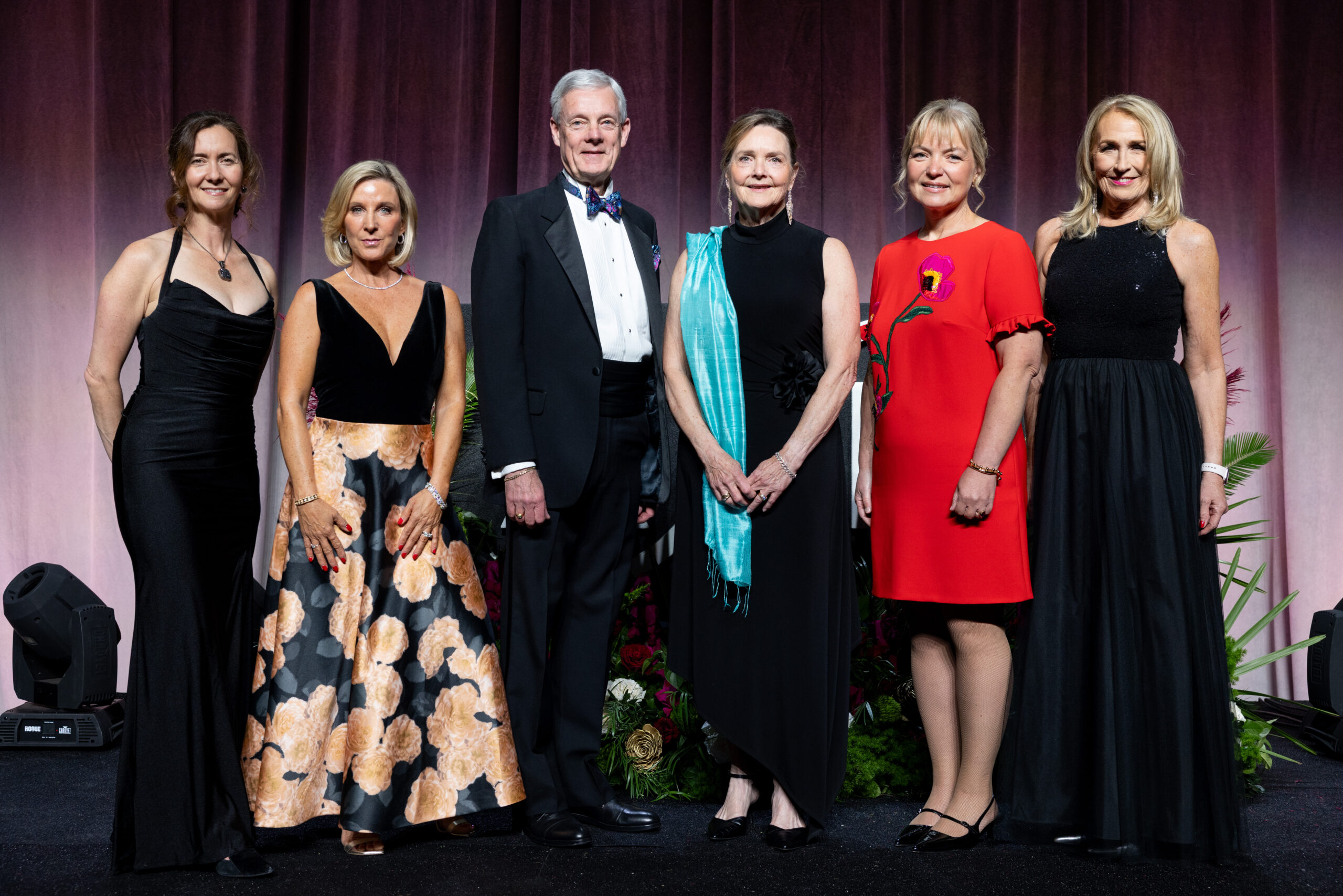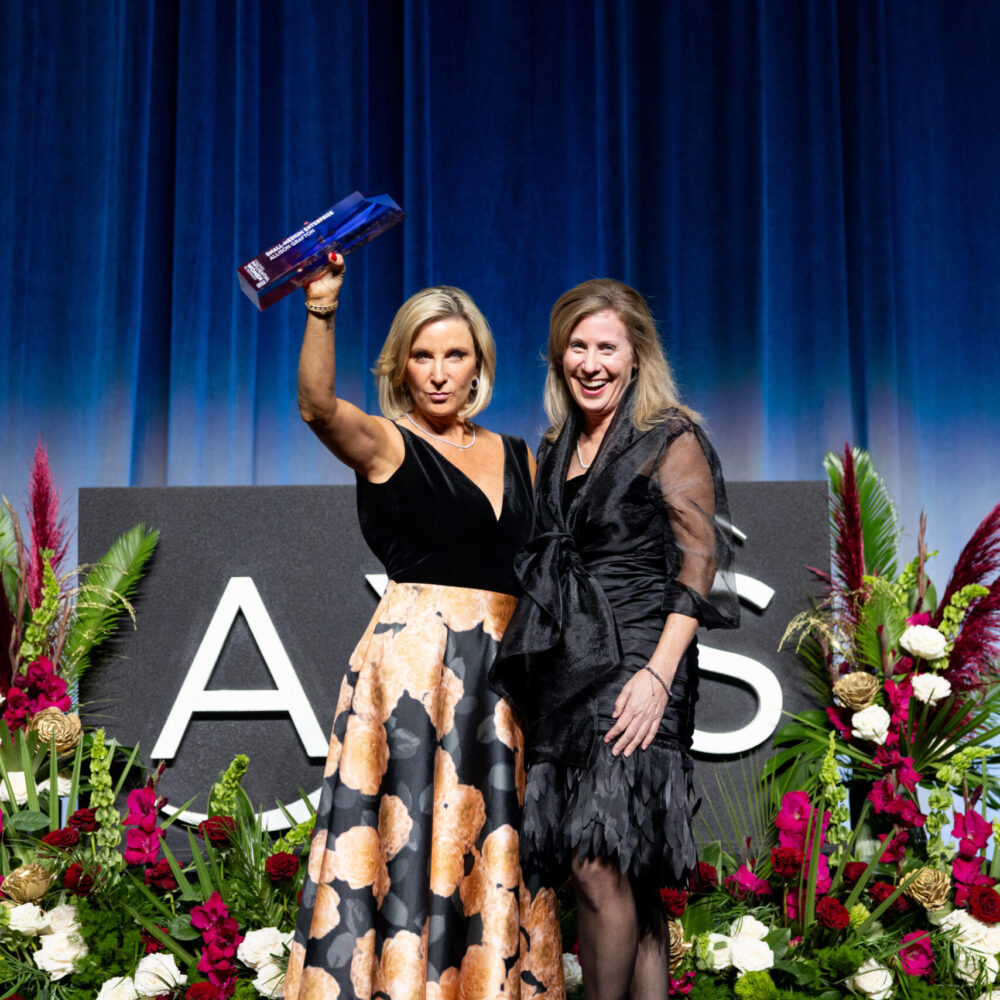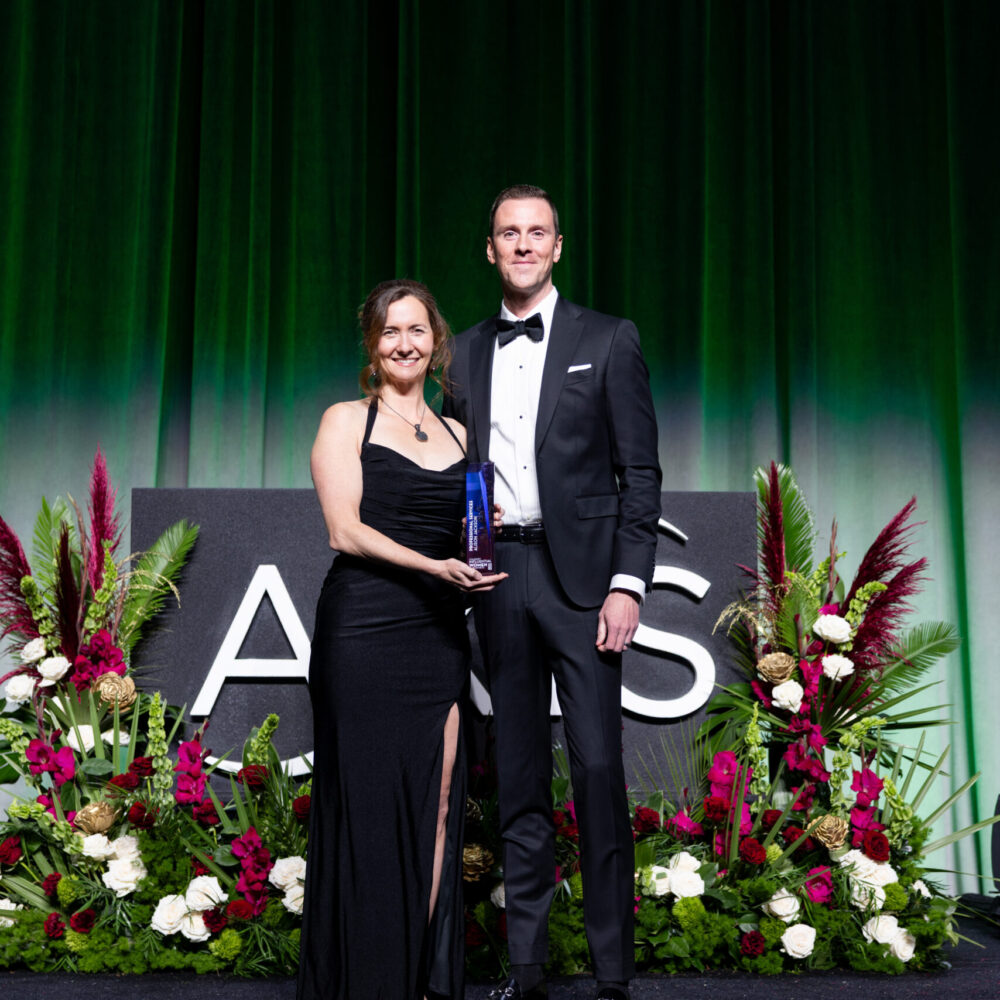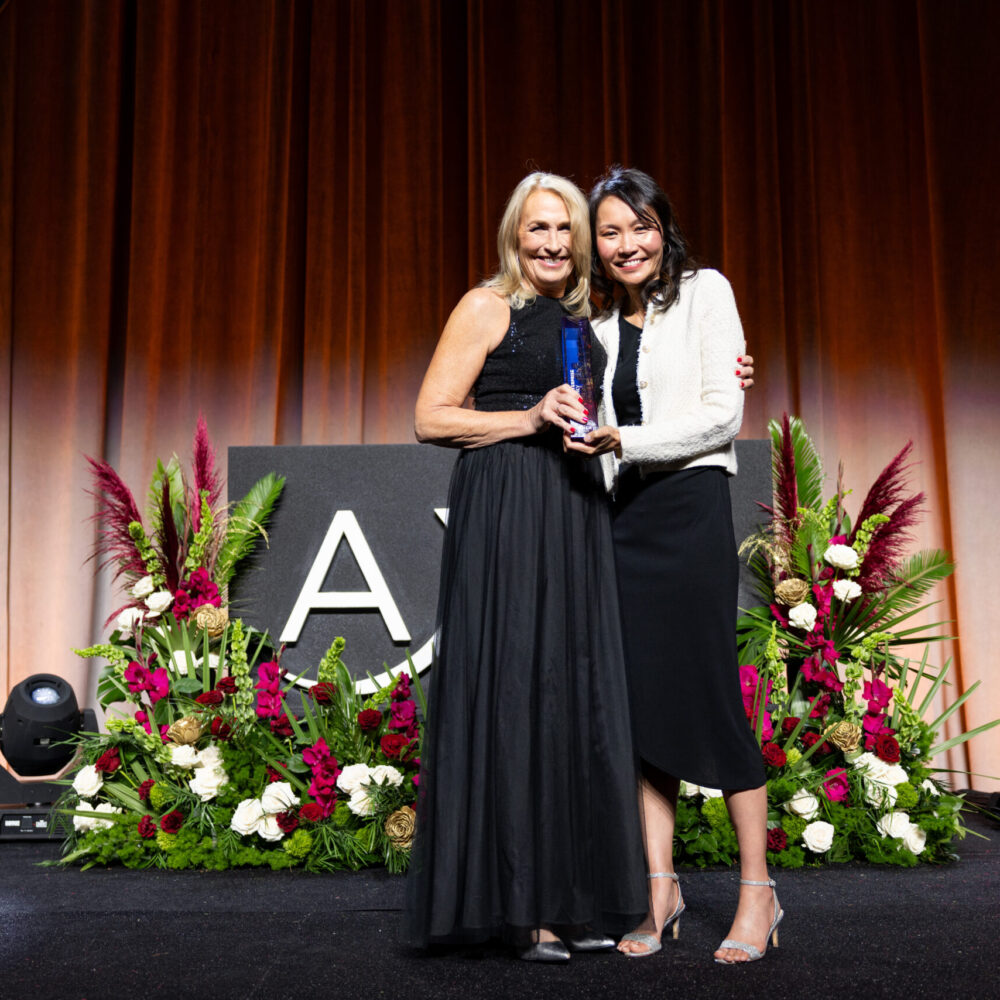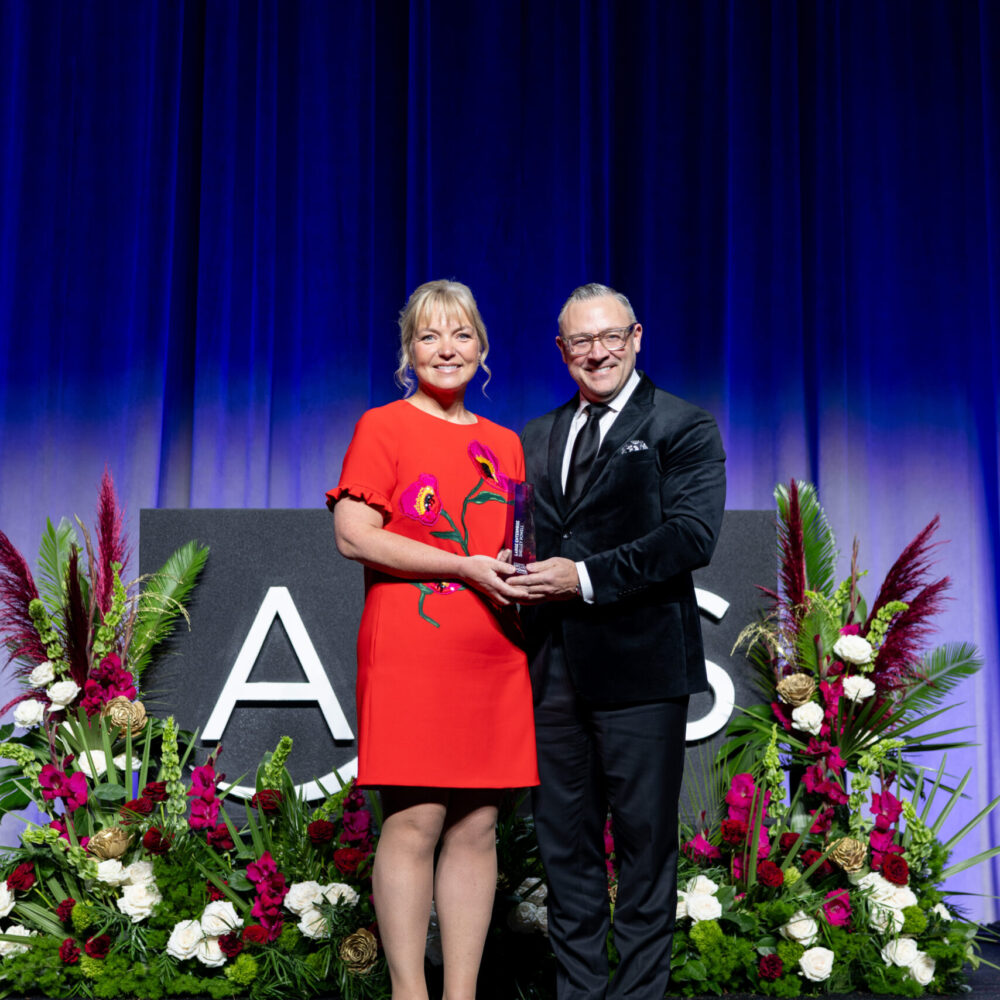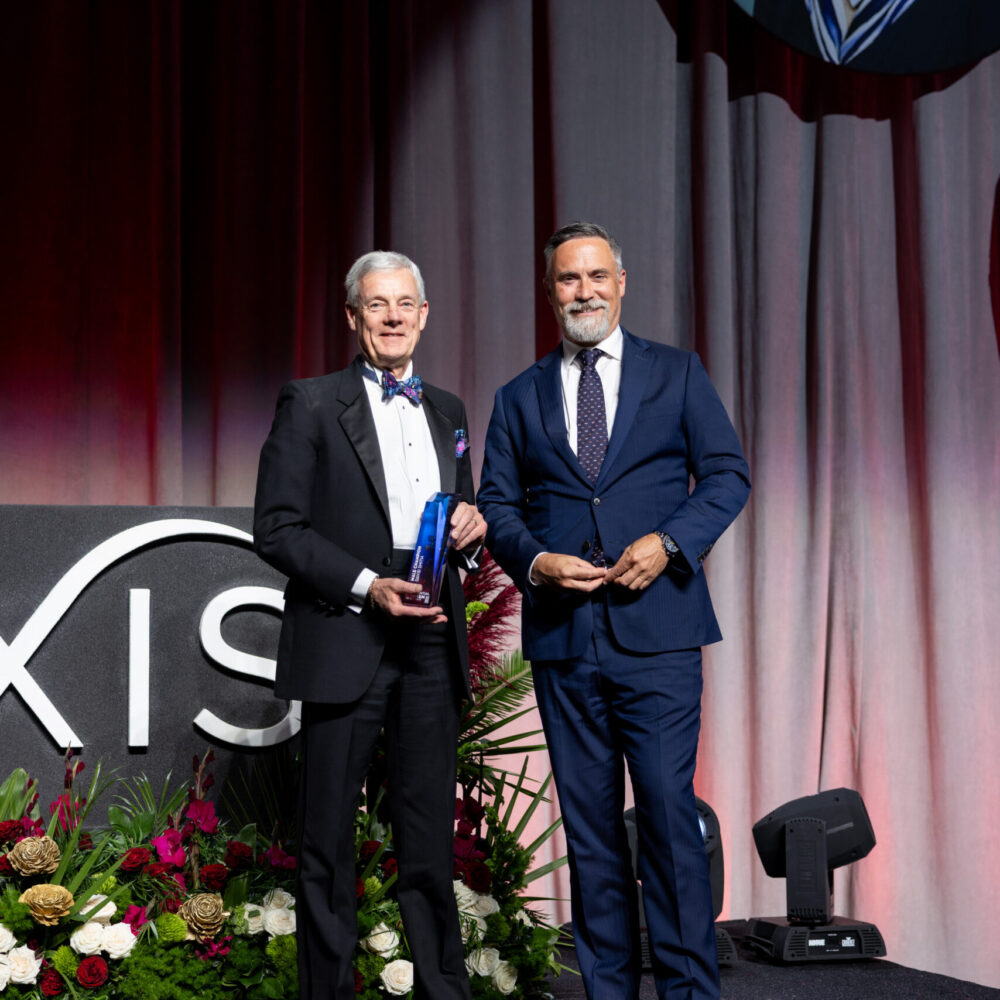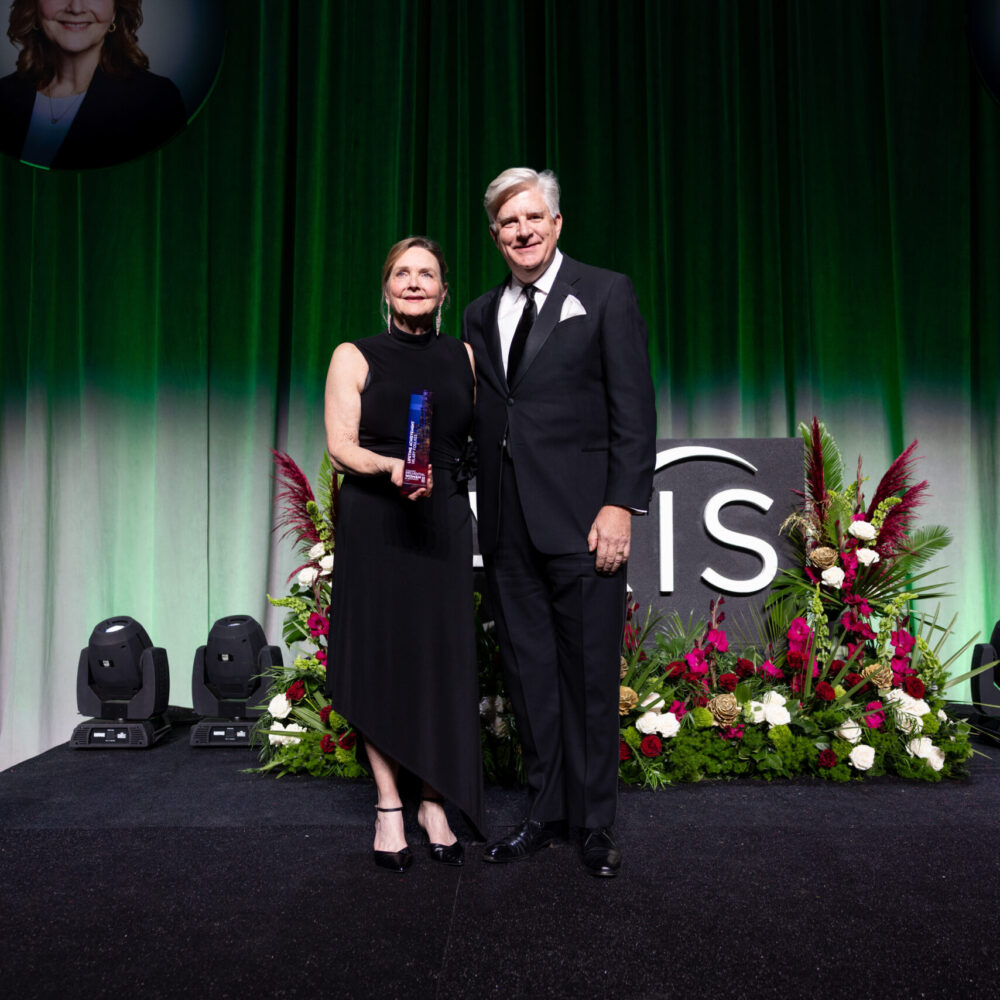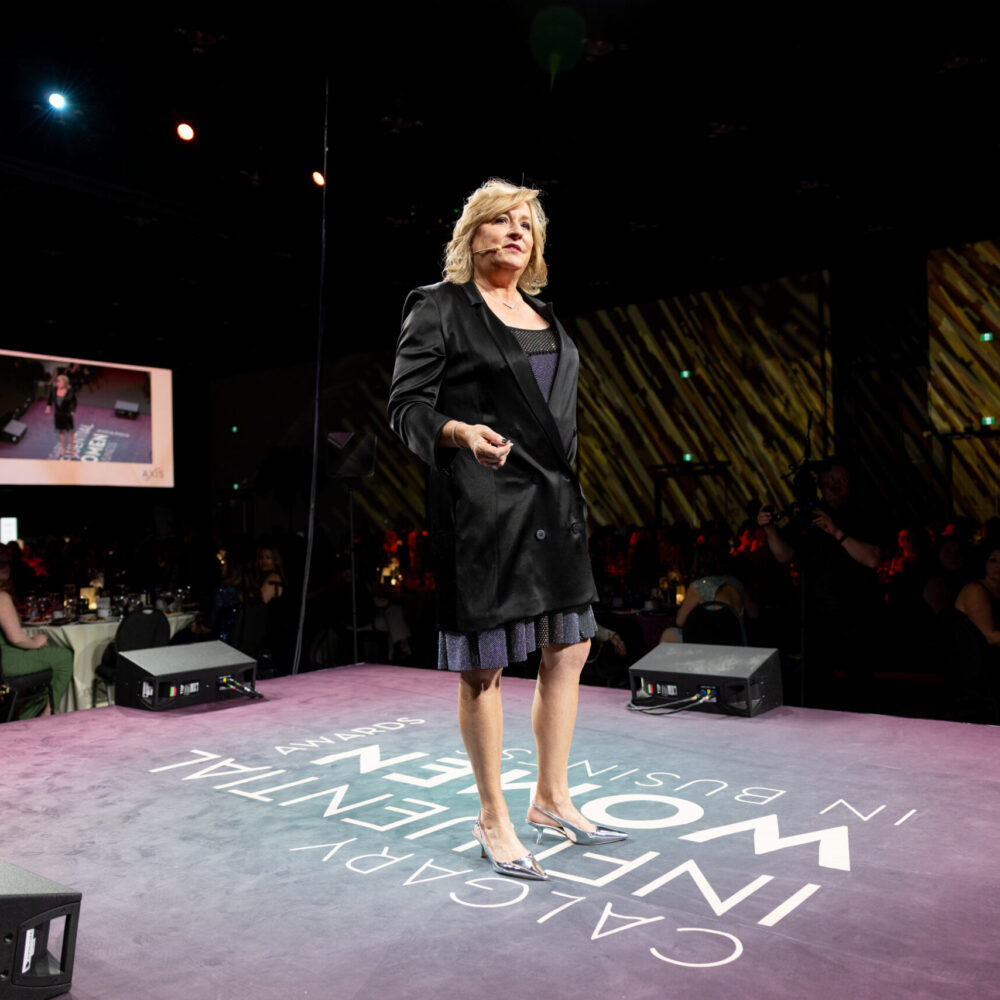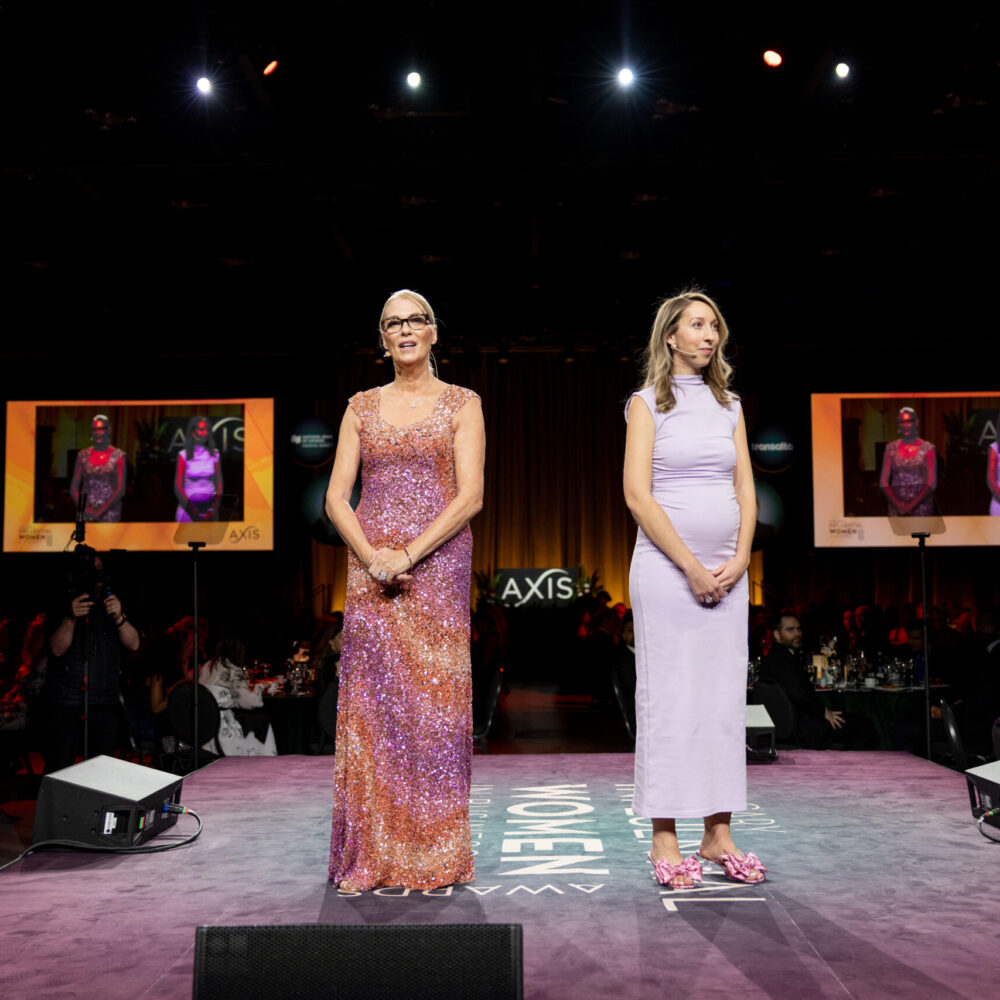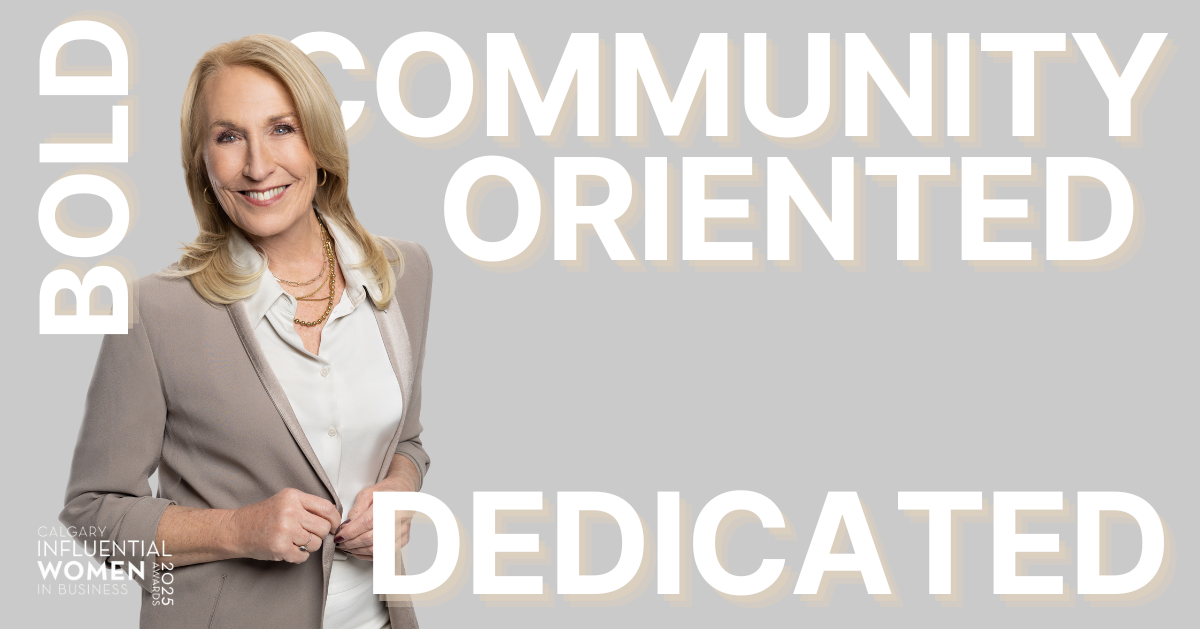Sue Tomney has long been a transformative force in the non-profit sector, known for her visionary leadership, deep compassion, and unwavering dedication to community impact. As the recipient of this year’s Social Enterprise Award at the Calgary Influential Women in Business Awards, Sue is being recognized for her pioneering work in creating sustainable solutions to complex social challenges. Her leadership has redefined the intersection of social good and business, proving that social impact and financial sustainability can—and must—coexist.
A Career Dedicated to Purpose
Sue’s career has been defined by her unique ability to blend strategic leadership with a profound understanding of the communities she serves. As CEO of YW Calgary, she has been instrumental in expanding the organization’s reach, improving programming, and ensuring the financial sustainability of their work.
“The work we do is about creating real opportunities for women and families to thrive,” Sue explains. “Every program, every service, and every decision is driven by the question: How do we make the biggest impact?”
Her answer to that question is simple: make it personal. Sue doesn’t just lead YW Calgary from a boardroom—she’s deeply connected to the people and causes at the heart of her work. When she talks about the mission of YW Calgary, you can hear the passion and purpose in her voice. She’s not just running an organization; she’s building a movement, one that creates lasting change for women and families in Calgary and beyond.
Breaking Barriers in the Non-Profit World
Leading a non-profit is no easy task—especially when faced with limited funding, fluctuating social needs, and the challenge of advocating for those whose voices often go unheard. Sue has faced these challenges head-on, pushing boundaries with a bold, innovative approach. By positioning YW Calgary at the forefront of social enterprise, she has demonstrated that social organizations can be financially sustainable while making a profound impact.
“Non-profits have to be nimble, creative, and willing to think outside traditional funding models,” Sue says. “We’ve been able to develop programs that not only serve our mission but also create revenue streams that sustain our work.”
Sue’s approach to leadership is a testament to her belief that thinking outside the box doesn’t just mean solving problems; it’s about completely redefining what’s possible. Whether it’s launching a new social enterprise or shaking up traditional fundraising models, Sue’s track record proves that there’s no limit to what can be accomplished when passion meets creative thinking.
Mentorship and Leadership in Action
Beyond her work with YW Calgary, Sue is a passionate mentor and advocate for the next generation of leaders in social enterprise. She believes that true leadership is about lifting others up, especially young women and emerging leaders, and creating a space where they can challenge the status quo and drive real, lasting change.
“True leadership is about lifting others up,” Sue shares. “I want to see more young leaders stepping into this space with confidence and the knowledge that their voices matter.”
Sue’s influence goes beyond her organizational leadership; she is committed to inspiring a ripple effect of positive change. She loves seeing the “aha” moment in others when they realize they have the power to make a difference. Whether it’s through leadership networks, mentorship programs, or initiatives that support women in leadership, Sue actively fosters a culture of collaboration, empowerment, and resilience.
Looking Ahead: The Future of Social Enterprise
Sue’s vision for the future of social enterprise is one of innovation, collaboration, and resilience. As societal challenges continue to grow in scale and complexity, she believes that organizations must evolve, integrating social purpose with sustainable business practices to create a greater collective impact.
“The world is changing, and the way we solve problems has to change with it,” Sue asserts. “The more we integrate social purpose with sustainable business models, the greater our collective impact will be.”
Sue isn’t just a leader for today—she’s thinking about the future, and it’s bright. For her, social enterprise isn’t just about doing good now; it’s about creating a framework for lasting, sustainable change that will echo for generations to come. And if there’s one thing Sue knows, it’s that when purpose and profitability work together, the sky’s the limit.
A Testament to Leadership and Vision
Sue Tomney’s recognition with the Social Enterprise Award is a testament to her transformative leadership, vision, and unwavering commitment to community betterment. As she continues to push boundaries, innovate, and inspire others, Sue exemplifies what it means to be a true leader in the social impact space.
Her work serves as a powerful reminder that social good and business success should—and can—go hand in hand. Sue’s leadership challenges us to think differently about the future of social enterprise and to embrace a more holistic, impactful approach to solving society’s greatest challenges.
As the Calgary Influential Women in Business Awards celebrate this year’s honorees, Sue stands as a beacon of what’s possible when passion, leadership, and enterprise unite for a greater purpose. Her legacy is one of bold, lasting change, and her leadership will undoubtedly continue to shape the future of social enterprise for years to come. After all, with Sue at the helm, there’s no telling just how far the impact of social enterprises can go.
About Axis Connects
Axis Connects is changing leadership. From the c-suite to the boardroom, we support and accelerate the advancement and recognition of gender diversity throughout our business community. We believe that gender diversity at the leadership table matters. Through Axis Connects’ programs, workshops, networks, and events, we support women in their journey towards leadership positions and professional potential. www.axisconnects.com
About the Calgary Influential Women in Business (CIWB) Awards
The Calgary Influential Women in Business (CIWB) Awards recognize the incredible business leaders advancing women and diverse professionals in Calgary. Honourees were chosen based on their professional accomplishments, advocating for advancing women, influence, and business community involvement. The CIWB Awards recognizes five outstanding female business leaders and one male champion for women in Calgary and celebrates their accomplishments.








